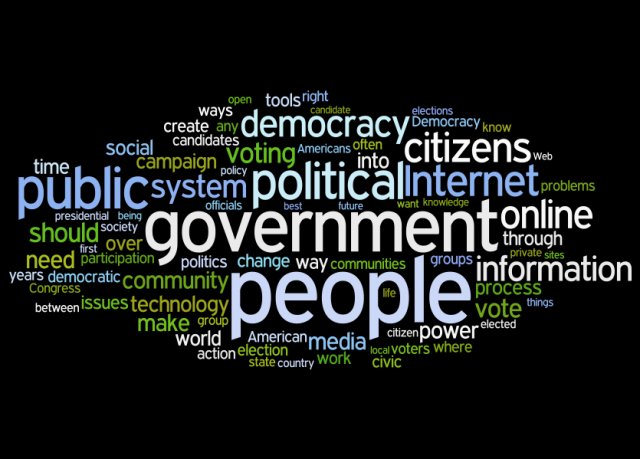What does this mean, whom does it belong to? It’s clear that authority belongs to the people. That is how it is written in the fundamental laws of most countries, including Armenia (as well as the USSR, by the way). Of course, it can be written this way, but be far from the actual reality. But it can also be written this way and not understood what this means.
The discussion typically tends to be about legitimacy, that authority belongs to the majority of the people, which mandates a group of people to govern through their votes. If it is this way, then Germany from 1933-1945 belonged to the people, because as a result of the parliamentary elections on March 5, 1933, 43.91 percent of the citizens of the Weimar Republic voted in favor of the National Socialists (the Social Democrats were in second place with only 18.25 percent of the votes). Perhaps authority at one point during the aforementioned years ceased to belong to the German people. If that’s the case, then when was it?
Let me bring an example closer to us. In 1990, the Pan-Armenian National Movement won, and in 1991 Levon Ter-Petrossian won in, according to the majority, a just political fight. Does that really mean that authority belonged to the Armenian people from 1990-1995 (until election results were rigged for the first time)? Perhaps authority ceased to belong to the people in 1992, when the majority of citizens began to curse at the Pan-Armenian National Movement and Ter-Petrossian?
Or, an even more recent example. The people of Kapan voted for the “wrong person” in the mayoral elections. Therefore, does authority not belong to the people of Kapan? Or perhaps the people of Kapan are not proud citizens?
Legitimacy, therefore, is not the only condition for democracy (the people controlling authority). I personally cannot envision democracy without the freedom of expressing opinions and ideas. If, for example, some political faction in parliament votes against a plan proposed by the government, that does not necessarily mean that the faction is sabotaging the state. And if one person decides everything within a political party, and all decisions are made unanimously, that raises suspicions about the political party’s democratic momentum. Democracy, in my opinion, starts from a person’s spirit, their family, workplace, and society. Political parties, authorities, opposition parties, and political processes all reflect that. Not the opposite.
Aram Abrahamyan



















































